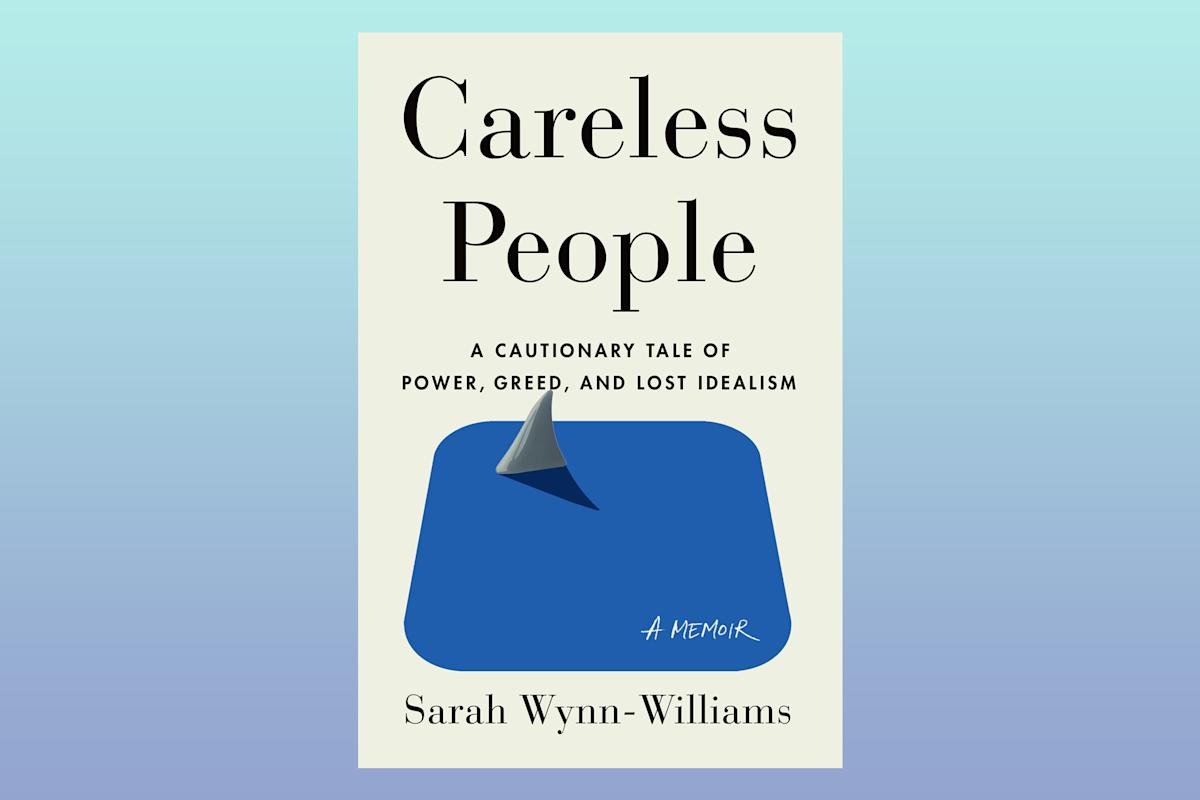- 45 Posts
- 15 Comments

 2·2 months ago
2·2 months agobecause a media outlet goes where there are viewers. They write to be read, so there’s little benefit in going on platforms where there’s nobody.

 4·3 months ago
4·3 months agoYou cannot fork or edit the code, it’s just “source-available”.

 4·3 months ago
4·3 months agoI think for your use case, Anytype is good enough, but it’s not FOSS. Obsidian is also not FOSS. I’m not a purist, quite the contrary (in fact I use Notion), but maybe you want to check what’s behind.
Also, to help you make sense of your confusion and take a better decision, you’re comparing a bit apples and oranges.
Some of the tools, like Obsidian, are purely knowledge-management software with some productivity features sticked on top (like kanban visualizations).
Coda, Appflowy and Notion are primarily tools to build software, which can be knowledge-management software, productivity software or other stuff. They operate on a higher level of abstraction and flexibility, but out-of-the-box, for a single user, they are also probably worse than stuff like Obsidian.
yey, more friends to chat with.
Well, Obsidian, Notion, Anytype, Affine can give you a hint of possible directions in this transition. While they still retain document-oriented features, like the concept of Page, they also try to really go for a much richer experience that does away with the limitations inherited from paper-based solutions. Double-linking, composability, fractal properties of pages and nesting (especially in Notion and Anytype), block-based UI, seamless integration of text, databases, and embeds, heavy use of transclusion and other stuff like that.
I would say this alternative system is far from cohesive and mature, but it’s clear some software is emancipating itself from whatever Onlyoffice represents.
Maybe you would find this video interesting: https://www.youtube.com/watch?v=KXiQlLHuK7g
I am sure that some people wouldn’t like the fact that the interface runs as a webapp, or use of Java, but it’s strange to me that it’s not usually even in the conversation.
A point about conversations, rather than the software itself. I think it’s not really at the forefront of the discussion because this kind of software caters kinda to “legacy” organizational environments that want a 1 to 1 replacement for Google Docs or Microsoft 365, which is not the sexiest problem. In the community of adopters of NextCloud (poor souls…) the discussion between onlyoffice and collabora, together with their integration with NC, is a quite common topic but again, most of these deal with orgs and not individual adoption and I would say that’s a very distinct crowd from most “hackerinos” who populate the FOSS online communities.
That said, a lot of the discourse is now focused on moving away entirely from document-based (and even document-oriented) software, because there’s a shared understanding that the problem is in the approach itself, and what IBM, Apple and Microsoft considered a reasonable way to handle information in the '80s, is not necessarily the best way now.

 15·4 months ago
15·4 months agoAs somebody active in the politicization of tech workers, I see this as a great challenge to the stale narrative that tech workers are selfish, childish, passive. Both Luigi Mangione and Aaron Bushnel are tech workers and they are enough to prove a point.

 2·6 months ago
2·6 months agonot a single word about crypto is present in the video
you have no fucking clue how brittle systems like electronics production, or oil supply are. USA, from a systemic point of view, is the most coupled and fragile production system in the world except maybe some micro-nation in the middle of the ocean.

 9·7 months ago
9·7 months agoMonths? You clearly haven’t tried Pyanodons.
Jokes aside, yeah, it would be a killer.

 2·7 months ago
2·7 months agoIf you’re wondering, no Appflowy cannot be used to replace Notion. It’s in their claim but you would have a pretty bad time doing it. Anytype might one day get there, Appflowy is another thing.

 2·7 months ago
2·7 months agoNone. I’m used to Notion and unfortunately there’s no OSS even getting close to that. I would like to move away, but even if I considered to lose my current base or move everything manually, there’s nothing feature-rich enough to meet my use cases.

 1·8 months ago
1·8 months agoThey just allocate according to different logic than the mainstream american FOSS ideology. For instance, hackerbros, and you seem to say the same, will tell you that resources should be centralized into the biggest project in its own category to add more and more features to it. Regardless of cooptation from the private sector, this is generally a bad idea. It leads to a monoculture and monoculture leads to critical bugs impacting enormous amount of users. Also it’s predicated on the idea that there should be only a single way to fullfill a specific use-case, and that it’s the same throughout the world, erasing cultural, economic, social, biological and political differences. Optimization requires standardization, standardization requires erasure and suppression of minoritarian voices and it’s therefore oppressive. Maximizing it is not a good idea, both for technical, political and ethical reasons.
Seeding new projects that better fit local contexts, or simply produce diverse alternatives raises diversity and in turns raises resilience of the software ecosystem as a whole.

 15·8 months ago
15·8 months agoThere has been for years: NLNet. It just got suspended by right-wingers. A lot of European projects were relying on it.


















It looks like cringe amateur stuff from the inside too, don’t worry